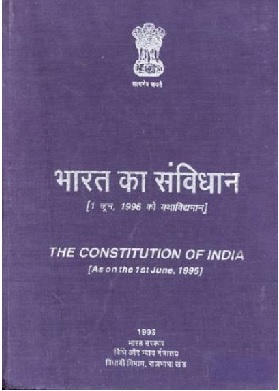A constitution serves a lot of purpose; its major roles are as follows −
It describes rules and regulations that generate a degree of trust and coordination among the people of different strata of a society who live together;
It provides a framework within which the government and other institutions work in the country;
It lays down the procedure as to how the government will be constituted and the manner in which decisions are taken;
It defines the powers, duties, and limits of the respective government.
It also tells the rights of the citizens and defines the rule of law and a procedure to protect them.
All the democratic countries have their own constitutions. But having a full-fledged constitution in a country is not a guarantee for it to be truly democratic.
The Americans gave themselves a constitution after the War of Independence against the Great Britain in 1787.
Similarly, the French people approved a democratic constitution after the Revolution, i.e., first in 1791 and recently in 1958. Since then, it has become a practice in all democracies to have a written constitution.
A compilation of basic rules is called a constitution, and these rules are comprehensive that define −
the powers of the elected governments to do things;
the limitations for not to do certain things;
fundament rights of the citizen; and
how the rulers are to be chosen in future.


No comments:
Post a Comment